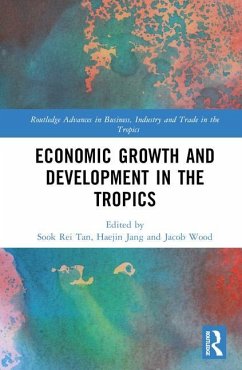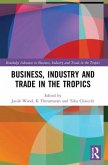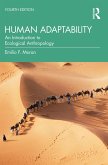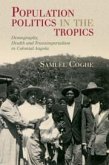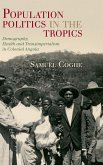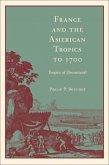The living standards and scale of development around the world are vastly unequal. One notable observation is that much of the poverty-stricken area is located between the tropics of Cancer and Capricorn. By contrast, affluent nations are situated in more temperate zones. Such a phenomenon gives weight to the geography hypothesis that seeks to explain the occurrence of global economic inequality, by placing an emphasis on the importance of natural elements such as location and climate in determining the economic conditions of a nation. This book concentrates exclusively and in depth on the key economic phenomena and factors which shape tropical economies today.
It examines contemporary economic problems confronting the tropical countries and provides policy recommendations that align with the United Nations' Sustainable Development Goals set in the 2030 Agenda. It contains research works and case studies of tropical economies that are related to the area of developmentand environment economics. The book's themes range from economic growth, poverty reduction, income inequality, economic globalization, international trade, capital flow, financial development, and institutional development to environmental sustainability within the Tropics. Recognizing the dynamism and diversity of the tropics, the book encompasses empirical and policy analyses that address the key economic issues and challenges in the region so as to provide an important platform from which new policymaking initiatives can flourish.
This book will draw readership primarily from the fields of economics and public policy, particularly under the subject areas of development and environment economics, as well as discussions in the sustainability policy space.
It examines contemporary economic problems confronting the tropical countries and provides policy recommendations that align with the United Nations' Sustainable Development Goals set in the 2030 Agenda. It contains research works and case studies of tropical economies that are related to the area of developmentand environment economics. The book's themes range from economic growth, poverty reduction, income inequality, economic globalization, international trade, capital flow, financial development, and institutional development to environmental sustainability within the Tropics. Recognizing the dynamism and diversity of the tropics, the book encompasses empirical and policy analyses that address the key economic issues and challenges in the region so as to provide an important platform from which new policymaking initiatives can flourish.
This book will draw readership primarily from the fields of economics and public policy, particularly under the subject areas of development and environment economics, as well as discussions in the sustainability policy space.

